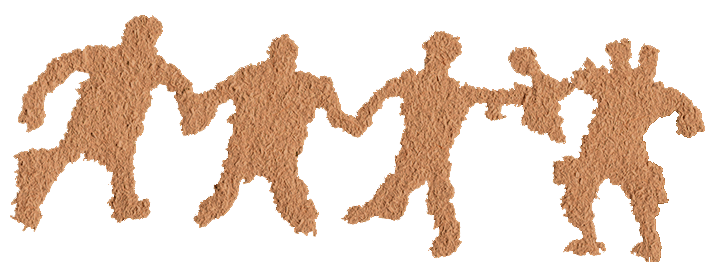| milotahke |
s/he does various things, many things |
| mocoluhke |
s/he does bad or evil things |
| nihpatomon |
s/he feels like doing it |
| nihtawehtun |
s/he knows how to do it |
| nihtawehtuwan |
s/he knows how to do it to h/; knows how to do something belonging to h/ (job, task) |
| nokka-ihin |
s/he finishes it, finishes doing it |
| 't-olehlal |
s/he does something to h/ |
| 't-olehtun |
s/he does it thus, s/he does something to it |
| 't-olehtuwan |
s/he does it to h/, does it to something belonging to h/ |
| olluhke |
s/he does thus, s/he works thus |
| olonuwehtasu |
(marriage, etc.) it is done according to tradition or custom of the people |
| 't-oloqahtuwan |
s/he has h/ do it, s/he passes it to h/ (responsibility, task, etc.) |
| piluwehtasu |
it is done differently |
| 'piluwehtun |
s/he does it differently; s/he finds it to be different |
| 'piluwehtuwan |
s/he does it differently for h/ |
| 'qoniyutun |
s/he does it for so long a time |
| 'qotuhkahsu |
s/he does something by self (something requiring work of more than one person) |
| sikihtasu |
it is difficult to make or do |
| 't-uwapoleyuwal |
s/he does h/ wrong, wrongs h/ |
| wewskutun |
s/he knows how to do it |
| wikuwacehtun, wihqacehtun |
s/he likes to do it |
| wikuwacehtuwan, wihqacehtuwan |
s/he likes to do it for h/, enjoys doing it for h/ |
| woli-kisehtu |
s/he does well |
| wolluhke |
s/he works well, does well |
| wolotahke |
s/he does well |
